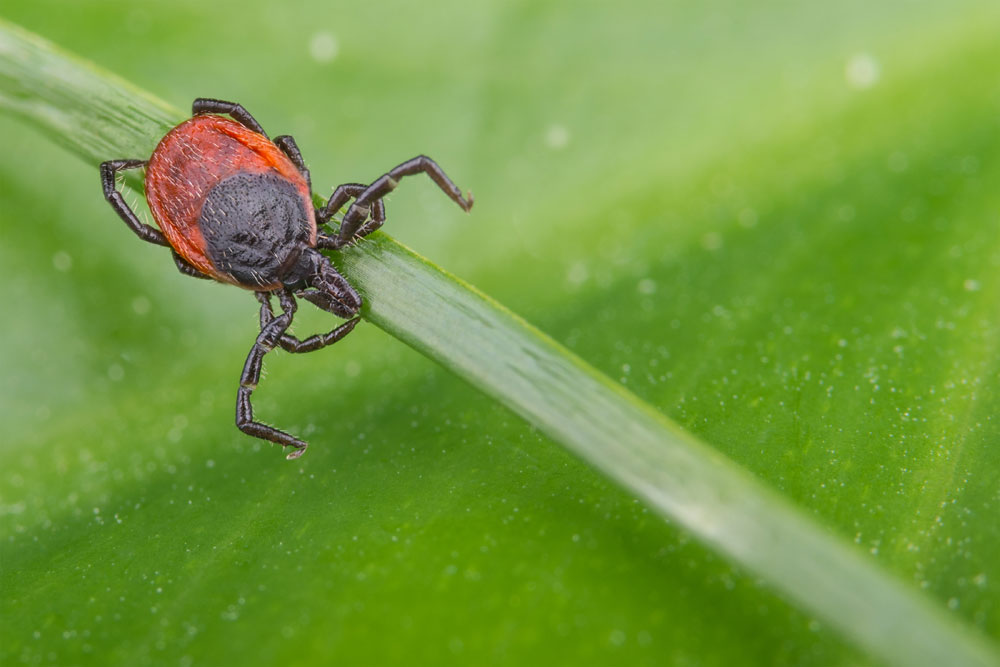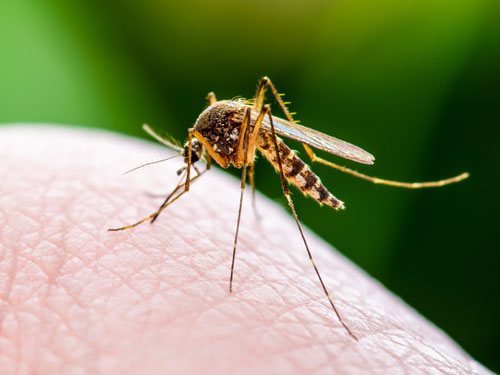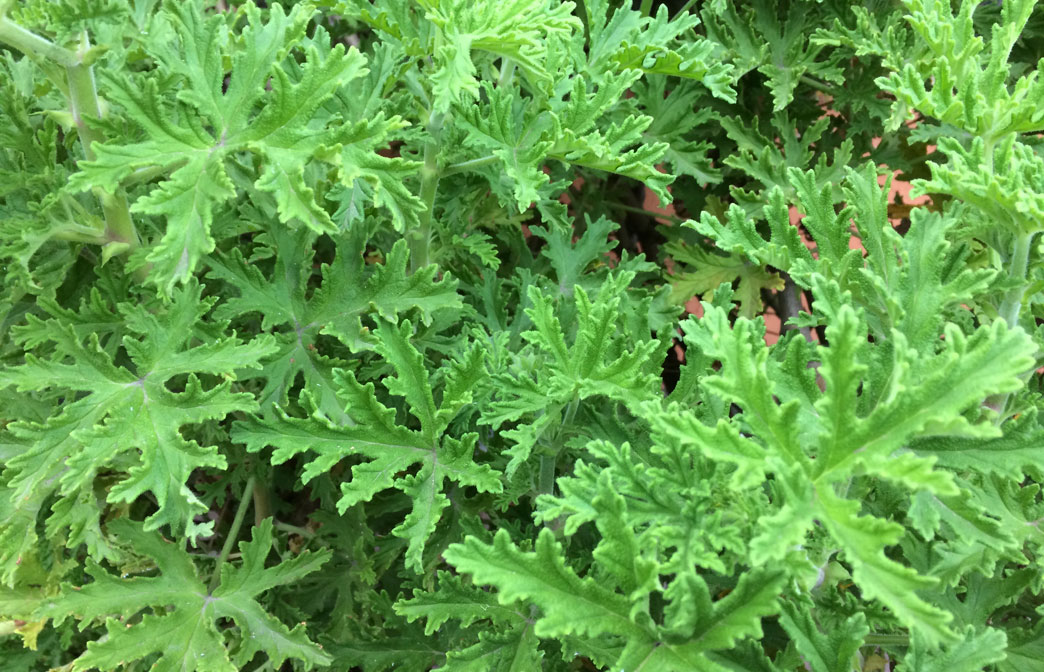Each year in September and October, hunters return to the woods and open fields to participate in early season hunts, anxious to get out and experience nature and excited for their first harvest. Hunting is a relaxing and enjoyable pastime, but one problem that all hunters face (as does anyone who is spending time outdoors, for that matter) is insects biting them.

If the weather is warm, the grass is growing, and vegetation is still flourishing, then you can guarantee mosquitoes, ticks, chiggers, gnats, and other pests are around and ready to feast on you. While these tiny insects may not send you to the hospital immediately, they could certainly ruin your hunting trip—or worse, give you Lyme disease, West Nile disease, or other diseases commonly transmitted by insects, landing you in the hospital later.
Go to any local retailer, and you will see that there is an endless variety of insect repellents available. However, when it comes to insect repellent, hunters face a unique problem. Many game animals, such as whitetail deer, have an incredibly powerful sense of smell and the scent of most insect repellents is enough to scare them away. This sort of defeats the purpose of hunting, doesn’t it?
On the other hand, your hunting trip is just as likely to be a failure if you’re spending more time swatting away mosquitoes or scratching and agonizing over itchy bites than staying alert for animals.
Let’s take a look at some of the most common outdoor pests and how to get rid of them naturally, as well as how to attract the insects that you need.
Insect Identification: Common Outdoor Pests
 Whether we like it or not, mosquitoes and other biting insects go hand-in-hand with hunting and being outdoors in general. When it comes to protecting ourselves from being attacked by these tiny pests, insect identification is key. Here are some of the most common outdoor pests you’ll encounter:
Whether we like it or not, mosquitoes and other biting insects go hand-in-hand with hunting and being outdoors in general. When it comes to protecting ourselves from being attacked by these tiny pests, insect identification is key. Here are some of the most common outdoor pests you’ll encounter:
Flying Insects – You’re probably familiar with biting flies, such as mosquitoes, gnats, horse flies, and deer flies (and have had your fair share of experiences with them, too). These flying pests locate us by sensing our movement, body warmth, perspiration, and the carbon dioxide and moisture in our breath, and their bites can be painful. A variety of diseases are spread by the bite of infected mosquitoes, including West Nile disease and Zika virus. Although painful, bites from gnats, horse flies, and deer flies are not known to transmit diseases to humans.
Ticks – If you spend time outdoors, then you need to beware of ticks. Ticks are small, blood-sucking parasites, and many species are known to transmit diseases to animals and people. Some of the diseases humans can get from a tick bite are Lyme disease, Rocky Mountain spotted fever, tularemia, and ehrlichiosis. The best way to protect yourself from tick bites is to wear protective clothing.
Chiggers – Chiggers are tiny arachnids that are so small you would need a magnifying glass to see them. They’re commonly found in areas with high grasses, water embankments, and wooded areas beneath the trees. They’re not dangerous, and their bites don’t transmit diseases to humans, but they do leave you with a very itchy rash.
Spiders – Most species of spiders that we encounter in the outdoors are harmless and will not hurt you. In fact, they can actually benefit you by getting rid of other pesky insects. However, there are some spiders you need to watch out for.
Black widows, for instance, are considered the most venomous spider in North America. They can be found all across North America but are most prevalent in the southern and western United States. Only the females are venomous and are distinguished by their black color and red on the abdomen.
Another spider to keep an eye out for is the brown recluse. This spider is brown in color with a dark, violin-shaped marking on its head. It’s found in the southern and midwestern United States, and its bite can make you very sick. If you think you have been bitten by a venomous spider, seek medical attention for the best course of treatment.
Natural Insect Repellents: Getting Rid of Biting Bugs
When used as directed, most of the bug sprays on the market (including those with DEET) are considered safe for use by the Environmental Protection Agency. However, due to consumers fearing exposure to potentially toxic synthetic chemicals, natural insect and mosquito repellents have risen in popularity.
Unfortunately, most of the ingredients in these sprays are extremely aromatic—if you’re out on a hunting trip, this could play to your disadvantage by giving your location away to the animals you’re trying to harvest. The good news is that natural bug sprays aren’t the only nontoxic solution for fighting back against biting insects. Here are some other ways to defeat these pesky bugs:
Long Sleeves and Pants – It’s probably obvious, but one of the best and most effective forms of natural insect control is to cover your arms and legs. Whether you’re on a hunting trip or just spending some time outdoors, always wear protective clothing and make sure to tuck it in to prevent insects from getting underneath your clothing.
Insect-Repellent Clothing – Another great way to get rid of mosquitoes and other insects is by wearing insect-repellent clothing. Insect-repellent clothing is treated with an insecticide called permethrin, which is a man-made insect repellent created from the chrysanthemum flower. It works by paralyzing or killing insects when they come in contact with your clothes.
Wild Plants – There are many wild plants that are effective at repelling mosquitoes and insects. Some of the most common are citronella, peppermint, lavender, basil, and catnip. Wild plants can be aromatic, but this isn’t always a bad thing. If you happen to find these plants around your regular hunting areas, then it’s likely that you won’t scare away any animals if they smell these plants in the air.

Attracting Good Insects
Whether you manage your own hunting land, maintain a farm, or simply tend to a small garden in your backyard, another natural method for keeping mosquitoes and other pests at bay is by attracting beneficial insects to your property. These “good” insects include lady beetles and soldier bugs, which consume many pests as food, and bees, which fertilize flowers and increase the productivity of crops. By adding certain plants to your property, you can attract these beneficial insects and keep your pest population under control.
Conclusion
Mosquitoes and other biting insects are more than just a nuisance—they’re also a potential health hazard. A bite from some of these insects could make you sick or land you in the hospital with a disease or virus, so it’s important to always protect yourself.






























